Pollution
Latest

Porsche claims its EV factory will be as green as the cars it builds
Porsche wants production for the Taycan to be as ecologically responsible as the electric car itself. The automaker has revealed that the Taycan factory under construction at Stuttgart-Zuffenhausen will use nitrogen oxide-absorbing facades on some parts of the building, reducing the plant's pollution. The surfaces are relatively simple constructions made from aluminum coated in titanium dioxide, but the results so far appear to be strong. In a test on a 126 square meter (roughly 1,356 square feet) area, it absorbed nitrogen oxide as well as ten trees.

Giant plastic-collecting 'pool noodle' breaks apart in the Pacific
The "giant pool noodle" dispatched into the Pacific Ocean last September to catch and clean up thousands of tonnes of floating plastic has run into trouble. Invented by Boyan Slat when he was 17, the 2,000-foot-long U-shaped floating barrier was designed to travel with wind and wave propulsion collecting pieces of plastic as small as a millimetre in size from the "Great Pacific Garbage Patch" between Hawaii and California. But after just a few months at sea, the device -- called System 001 -- is heading back to land after seeing major setbacks.
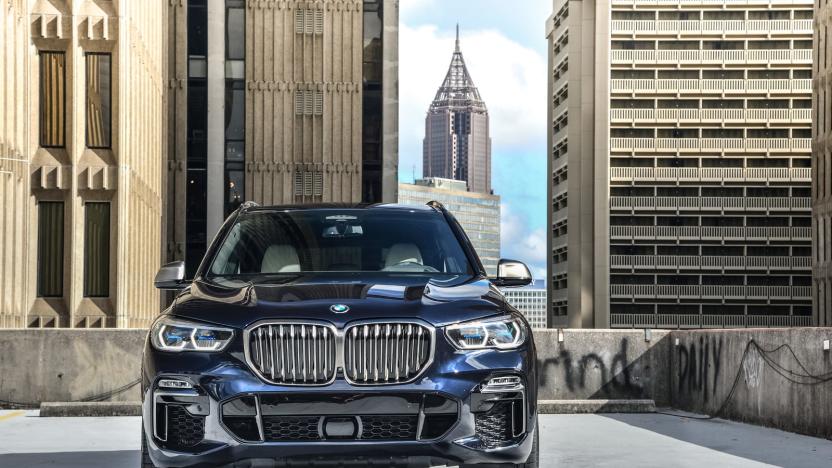
BMW considers electric-only mode for hybrids in zero-emissions areas
BMW has a problem: with cities planning to either create zero-emissions zones or even ban gas-powered cars entirely, how does it keep its vehicles on the road? By turning them into ad hoc electric cars, apparently. In a conversation at the LA Auto Show, board member Klaus Froehlich told Reuters that BMW could make its hybrid cars run in an electric-only mode in polluted city centers where EVs might become the only option. The machines would use their connected technology and navigation to "automatically" disable conventional engines in these areas, Froehlich said.
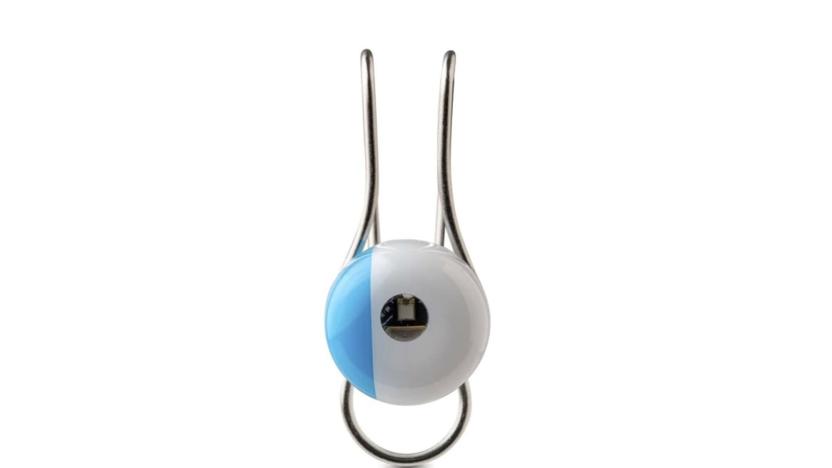
L'Oreal's wearable sensor tracks UV, pollen and pollution
L'Oreal isn't a brand you'd usually associate with medical technology, but over the past few years it's been making major inroads in skin protection innovation. There was My UV Patch, designed to inform wearers how their skin was being affected by the sun, and then UV Sense, a thumbnail-sized smart device that helped monitor sun exposure. Now, it's launching a battery-free wearable electronic that tracks your exposure to UV, pollution, pollen and humidity.

Uber will introduce a 'clean air fee' to all London rides
Uber has been consistently vocal about its green aspirations. From electric scooters to its own EV charging networks, the company's eco-friendly ambitions reached a pinnacle last year when it announced its "Clean Air Plan" for the city of London. Now, it's revealed more about what this plan will look like.
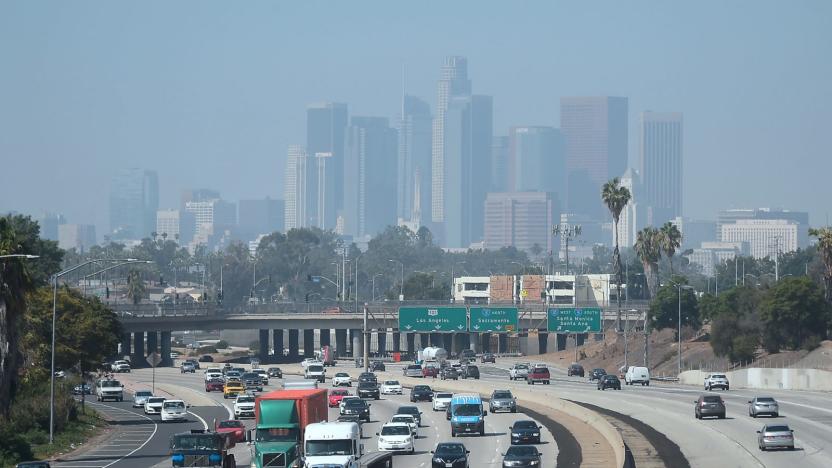
Tougher emissions rules helped cut US air pollution deaths in half
There's little doubt that air quality has generally improved in the US in recent decades, but quantifying that improvement has been difficult. However, a recently published University of North Carolina study might have produced a more tangible figure. The NASA- and EPA-backed report determined that American deaths from air pollution dropped by 47 percent between 1990 and 2010 to 71,000 per year. The researchers achieved the figures by measuring the levels of two pollutants (ozone and PM2.5) in a 21-year computer simulation and comparing that to CDC data for related causes of death in given regions, such as chronic obstructive pulmonary disease and ischemic heart disease.
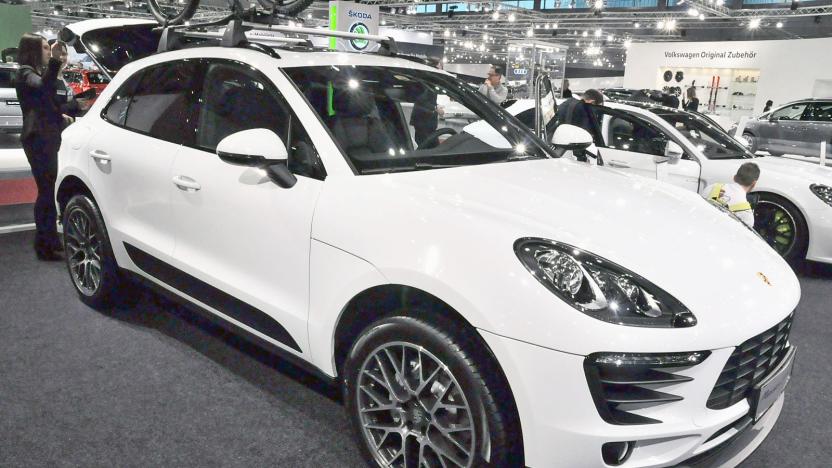
Porsche is the first German car maker to drop diesel
German brands have stuck to diesel in spite of the fallout from VW's Dieselgate, but they're starting to bow under pressure. Porsche has become the first German automaker to drop diesel from its lineup, announcing that it will "no longer offer" vehicles based on the technology. This wasn't a great stretch when the badge is primarily focused on conventional gas engines and hasn't had a diesel model since February 2018, but it would rule out a comeback.

Starbucks' straw ban is a big win for the Earth's oceans
Those little plastic straws that you get at virtually every restaurant in America have become a huge problem for the world's oceans and Starbucks is finally doing something about it. The global coffeehouse chain announced on Monday that it will immediately begin phasing out plastic drinking straws from its 28,000 stores worldwide and eliminate their availability almost completely by 2020. Given that the company uses around a billion straws every year, that could make a significant difference to the health of our seas.
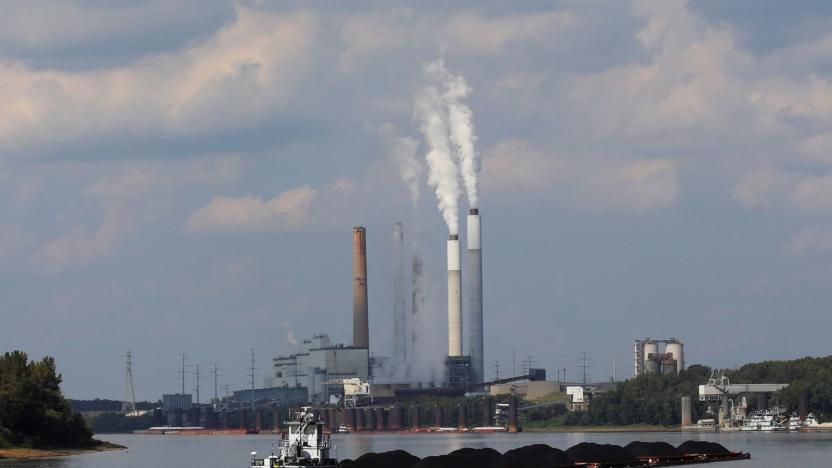
Insurance giant stops covering firms that depend on coal
The elimination of coal power isn't just good for the environment... it's quickly becoming good for the corporate bottom line. Insurance giant Swiss Re has enacted a policy that refuses coverage to any company that either generates 30 percent or more of its revenue from coal power, or uses at least 30 percent coal power to run its operations. Swiss Re touted the move as reflecting its commitment to limiting global warming (it made a pledge in 2015 alongside the Paris climate accord), but it also casts this as a shrewd business move.

Google's Street View cars will monitor London's air quality
London Mayor Sadiq Khan has made it one of his missions to curb pollution and improve air quality in the capital. Data plays an important role, and as part of a new project, two Google Street View cars will begin pulling double duty as mobile air quality monitors next month. The vehicles have been fitted with sensors that will measure pollutant levels, as well as temperature, humidity and pressure, once every 30 meters as they wind their way around London. This data will be used to complement readings from another 100 static sensors dotted around the city. London has several veteran sensor networks and is no stranger to shorter-term monitoring projects, but this new initiative is said to be on a different scale, capable of painting a near real-time, "hyperlocal" picture of air quality across the capital.

Daimler may be the next automaker embroiled in a diesel scandal
VW might not be the only German car maker that has to deal with a full-fledged diesel emissions scandal. To start, Germany has ordered Daimler to recall Mercedes-Benz Vito diesel vans for allegedly cheating on emissions tests limiting nitrogen oxide output. The company has met with officials and now has until June 15th to offer a solution. However, these may be just one part of a broader problem.

NHTSA proposal would override California's tougher emissions rules
The Trump administration hasn't been shy about wanting to roll back emissions and fuel economy guidelines, but there's been a key obstacle to that: California. It has a waiver permitting it to apply tougher emissions standards, and that (combined with support from 12 other states) effectively dictates the rules for automakers across the US. Officials may soon force California to honor looser federal standards, however. The Wall Street Journal has learned of an NHTSA proposal that would not only freeze increases on fuel emissions standards between 2020 and 2026, but would include "scenarios" that would let it override or even eliminate California's authority to maintain its own increases.
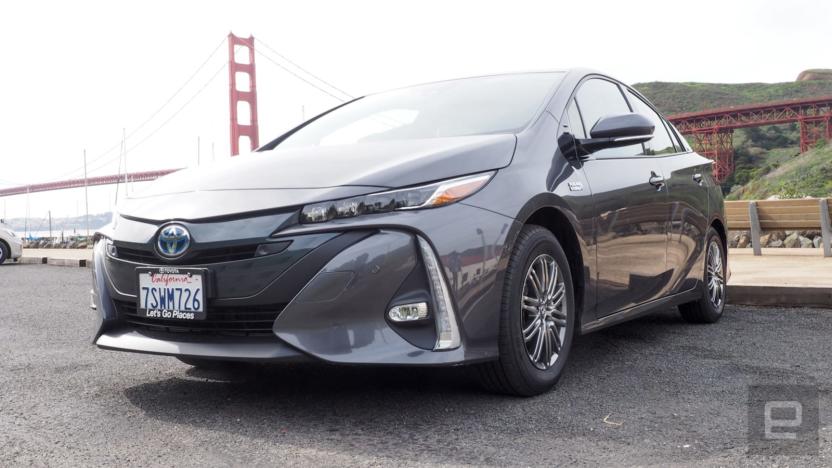
Court blocks Trump's delay of fuel efficiency penalties
The Trump administration's efforts to undo car efficiency guidelines just hit a major obstacle. A federal court has blocked a White House attempt to delay the implementation of a rule toughening penalties for automakers that don't meet national fuel efficiency standards. The measure (which was supposed to take effect in July 2017) raises the penalty rate by $8.50 for every tenth of a mile per gallon beyond the minimum fuel standard. The hope, unsurprisingly, was to encourage brands to hit Corporate Average Fuel Economy (CAFE) targets through 2025, reducing CO2 emissions and saving drivers money.

Scientists accidentally produce an enzyme that devours plastic
There are research teams around the world dedicated to finding a remedy for the growing plastic pollution crisis, but now it seems that one group of scientists have found a feasible answer -- and they stumbled upon it by accident. Researchers studying a newly-discovered bacterium found that with a few tweaks, the bug can be turned into a mutant enzyme that starts eating plastic in a matter of days, compared to the centuries it takes for plastic to break down in the ocean.

China reportedly wants to curtail wasteful bitcoin mining
China is reportedly seeking an "orderly exit" from bitcoin mining, according to a leaked document seen by Quartz. The nation's internet finance regulator is asking local governments to strongly encourage firms to quit the business by jacking up power prices and and issuing stronger environmental rules. The government is reportedly concerned about pollution and the havoc that could be triggered by investors who lose money investing in mining and cryptocurrency.
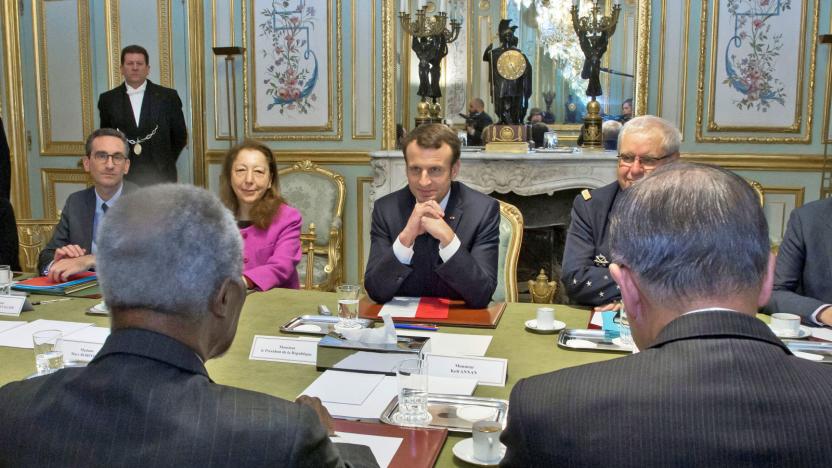
France gives 'Make our Planet Great Again' grants to US scientists
France has backed up statements that it's willing to reward America's climate researchers now that the US has backed out of the Paris global warming accord. President Emmanuel Macron handed out 13 of 18 "Make our Planet Great Again" grants worth millions of euros to US-based scientists. "You will now settle in, develop projects, enrich French, European research, because we've decided to give even bigger resources and to fully recognize what you are doing," Macron said in a speech at Paris startup hub Station F.

Car makers ask US officials to loosen fuel economy requirements
It's no secret that automakers believe the US' recently-instituted fuel efficiency requirements are too stringent, but now they've made those views official. The Alliance of Automobile Manufacturers, which includes companies like GM, Toyota and VW, has made official comments to both the EPA and NHTSA asking the regulators to loosen Obama-era rules intended to raise a fleet's average fuel economy to 51.4MPG by 2025. They don't object to the targets as such -- rather, they don't like the projected costs of reaching those targets.

Dyson plans to release its own EV by 2020
An unlikely player has stepped onto the electric vehicle playing field. Vacuum cleaner and hairdryer producer Dyson announced today that it has already begun working on its own EV and that it should be ready for launch by 2020.

Scientists find cleaner, more efficient way to turn CO2 into fuel
Conventional fuel aren't going away just yet, but that doesn't mean you can't produce them in a more responsible way... and scientists might have found that way. They've developed a process that can convert CO2 into carbon monoxide (and subsequently into fuel) using solar energy with nearly flawless selection -- that is, you can get the material you want virtually every time. The trick was to create a spongy nickel-organic photocatalyst that purposefully includes a lot of defects, letting it produce adequate amounts of carbon monoxide without creating surprise molecules.
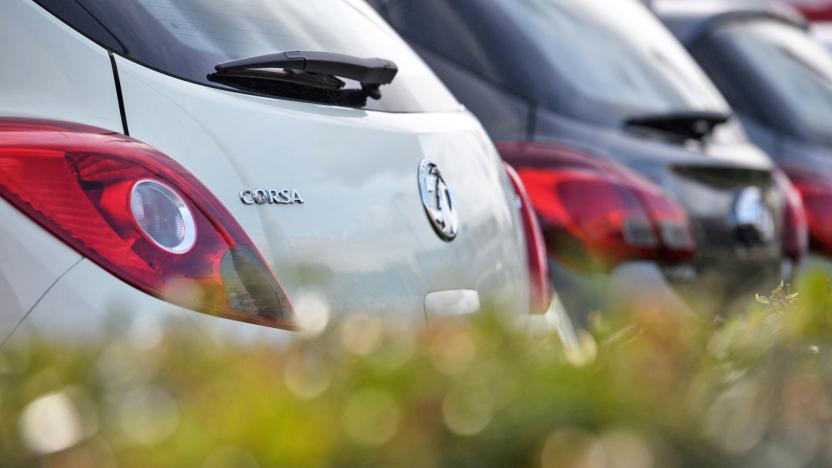
UK to ban sales of fossil fuel cars by 2040
France isn't the only big country getting ready to ditch fossil fuel vehicles. The UK is planning to ban sales of new fossil fuel-powered vehicles (including vans) from 2040. It's all about improving air quality, the government claims: airborne pollution is the "biggest environmental risk" to public health, and cutting off sales will help tackle pollution quickly. The move is part of a larger, £3 billion ($3.9 billion) strategy that will call on local government to retrofit buses, alter roads and even tweak traffic light patterns in the names of lower emissions and greater efficiency.





